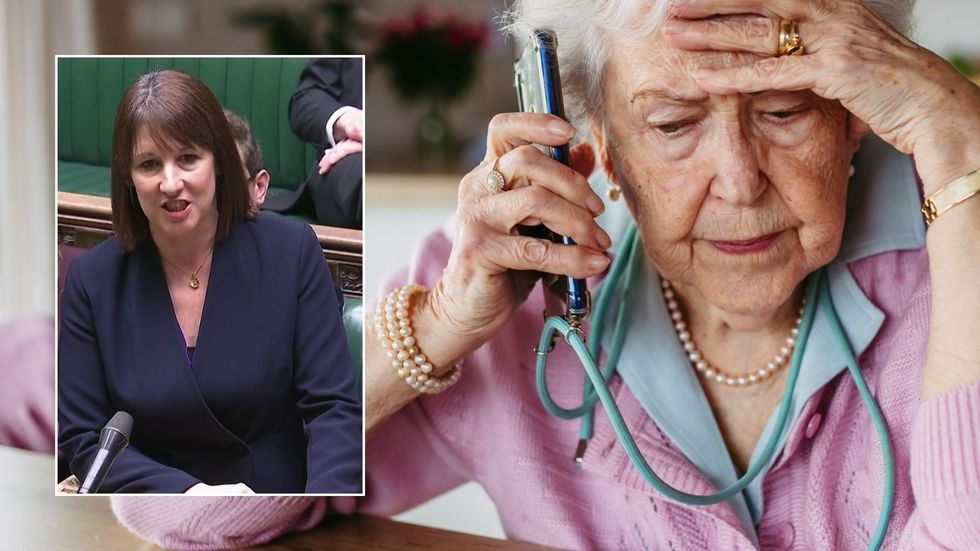The Labour Government is “considering bringing forward increases” to the state pension age, according to analysts, as recent research suggests it needs to rise to 71 by 2050 for payments remain affordable.
A study by the International Longevity Centre (ILC) has warned that the UK faces “widening demographic imbalances” that will put increasing pressure on Government finances.
According to the ILC’s research, Britain is heading towards a future where there will be just one working-age adult for every pensioner by 2050. Under current Government plans, the state pension age is set to increase from 66 to 67 between 2026 and 2028.
A further rise to 68 is currently scheduled for 2044 to 2046, though this timeline remains subject to Government review. By 2050, the UK is projected to reach a dependency ratio of 50 per cent, meaning for every person receiving a state pension, there will only be one working-age adult contributing to the system.
Jonathan Gribb, an associate director at the Institute of Fiscal Studies (IFS), confirms ministers will soon be reviewing the timeline for pension age increases to avoid such a scenario.
Do you have a money story you’d like to share? Get in touch by emailing [email protected].

Analysts are warning the state pension is becoming increasingly unaffordable
GETTY
“The Government will shortly be considering whether to bring forward the following rise to age 68, which is currently scheduled for 2044,” he said.
Gribb told The Express these increases are justified in principle, noting they help control costs for taxpayers.
“While growth in life expectancy has stalled recently, over previous decades it rose substantially,” he explained.
The retirement expert argues that as people live longer, raising the state pension age is a logical step. However, Gribb emphasises that such changes must be implemented carefully, considering their social impact.
The IFS expert warns that pension age increases disproportionately affect poorer people in their mid-60s. “It is poorer people in their mid 60s who are hit most by state pension age increases. Most of these people are not in employment, some as a result of poor health,” Gribb said.
He highlighted that many in this group lack alternative financial resources. “They also often have little savings or private pensions to fall back on,” he explained.
Previous pension age increases have had measurable negative effects on this demographic. “We know that poverty rates rose substantially among those in their mid 60s following previous pension age increases,” Gribb noted.
Given these impacts, he argues there is “a good case for the government to do more to support this group.” Gribb outlines two potential approaches for the government to support those most affected by pension age changes.
The first option involves increasing Universal Credit support for those within a year of pension age. “A boost to their benefits costing £600 million a year would reduce poverty by around 30,000 households,” he said.
This represents just one-tenth of the savings from raising the pension age by one year. Alternatively, the Government could target additional Universal Credit specifically to those receiving disability benefits.
LATEST DEVELOPMENTS:

Britons are concerned about potential changes to the state pension age
GETTY
This more focused approach would cost around £200 million but “would still make a real difference to many,” according to Gribb. Both options aim to provide extra support for low-income individuals while maintaining the cost-saving benefits of pension age increases.
Supporting the poorest could help maintain broader public backing for necessary pension age increases, according to the IFS analysis. Gribb emphasises that the government needs to “maintain general support for the principle of a higher pension age as life expectancy rises.”
Targeted support for the most vulnerable could be key to achieving this balance.
“Supporting the poorest could help maintain this support, and help protect the incomes of some of those who struggle to work in their late 60s,” Gribb said.